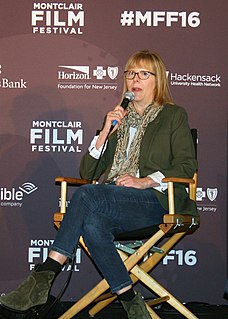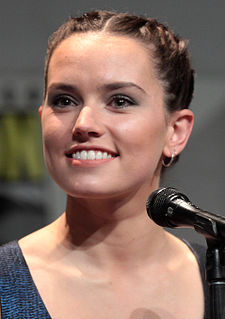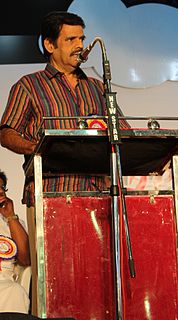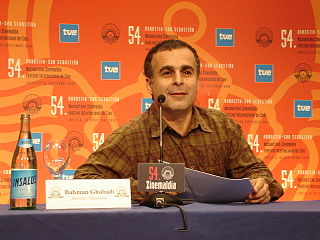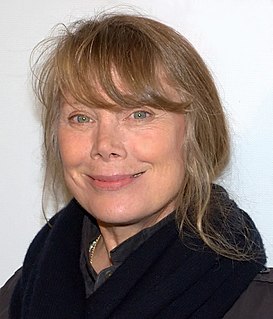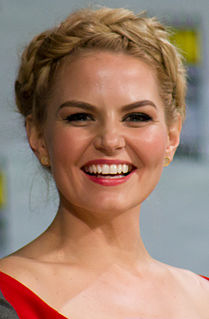A Quote by Chris Hegedus
I have always felt that documentaries are an opportunity for me to witness a world that I know nothing about.
Quote Topics
Related Quotes
I used to watch a lot of documentaries about Satanic possession - and I don't know if this is racist or not - but in the documentaries, it never happened to Americans! It was always happening in Central America or South America; that's where the priest was always going down to exorcise possessed people. So I didn't have a lot of fear of being possessed by the devil.
I really knew almost nothing about Silicon Valley. I read that Steve Jobs book and watched a bunch of documentaries, and read the book about Mark Zuckerberg. I tried to learn some stuff, but there are consultants on the Silicon Valley show that know so much about it where you can get answers. To me, it's more important to get the particulars about that type of person as opposed to the specifics of the technology world.
There's no other way to learn about it, except through documentaries. I encourage documentarians to continue telling stories about World War II. I think documentaries are the greatest way to educate an entire generation that doesn't often look back to learn anything about the history that provided a safe haven for so many of us today. Documentaries are the first line of education, and the second line of education is dramatization, such as The Pacific.
It had nothing to do with gear or footwear or the backpacking fads or philosophies of any particular era or even with getting from point A to point B. It had to do with how it felt to be in the wild. With what it was like to walk for miles with no reason other than to witness the accumulation of trees and meadows, mountains and deserts, streams and rocks, rivers and grasses, sunrises and sunsets. The experience was powerful and fundamental. It seemed to me that it had always felt like this to be a human in the wild, and as long as the wild existed it would always feel this way.
At the beginning of my career as a writer, I felt I knew nothing of Chinese culture. I was writing about emotional confusion with my mother related to our different beliefs. Hers was based in family history, which I didn't know anything about. I always felt hesitant in talking about Chinese culture and American culture.
For me, in general, it's always about the material. Obviously, it's about the material and hoping that someone wants to hire me for a job, too, but I've certainly seen films like 'Orphan' and movies like that where I know that if I had had the opportunity to read that script or had an opportunity to do it, I would have wanted to do it.
I have wondered if I might be placed on a watch list of some sort by the government, though. I know that the documentary filmmaker Laura Poitras, who is a friend and who has made documentaries about controversial Middle Eastern terrorists has had trouble at customs when she travels internationally - but nothing like that has happened to me.
